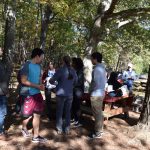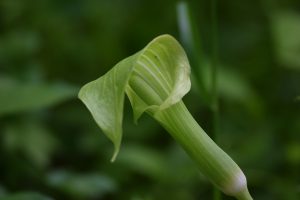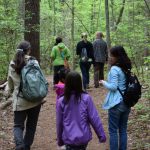We got a new grant from NSF! “Demographic and evolutionary consequences of phenological tracking”
Organisms have many ways of determining the environment they experience. This ability to “track” environments alters ecological and evolutionary outcomes, because it influences the survival and reproduction of individuals and it determines the environmental factors that exert natural selection on organismal attributes. Plants can control which environments they are exposed to by regulating their seasonal timing of development, or phenology, in response to environmental factors. In particular, the timing of seed germination, determines environmental conditions that a plant is exposed to throughout the rest of its life. This research program uses experimental populations that differ genetically in their ability to track seasonal environments via germination cuing, in order to quantify the degree to which environmental tracking via phenological adjustments influences population demography and adaptation. It uses replicate genetically variable populations of similar genetic composition, with the exception of differences in major genetic loci that control seed dormancy, a physiological trait that allows effective seasonal environmental tracking. Specifically, the research will contrast population persistence, population growth and decline, probability of population extinction, rates and levels of adaptation to diverse seasonal and soil conditions, and changes in genetic composition between dormant and non-dormant populations. In addition, it aims to identify specific traits and genetic loci associated with adaptation to contrasting environmental conditions, and to test whether those traits and loci differ depending on whether the population had the ability to track seasonal environmental conditions via germination cuing. It also will elucidate how phenological environmental tracking itself evolves under diverse environmental conditions. This research program therefore tests how ubiquitous processes such as environmental cuing and phenological regulation can alter adaptation across the genome and across the lifecycle, and how they alter population persistence and performance. Environmental tracking is known theoretically to be a crucial process that allows organisms to persist under conditions of environmental change and range expansion. This research program allows explicit tests of such theory and will elucidate fundamental processes that influence the ability of organisms to persist and adapt under conditions of environmental change.


























